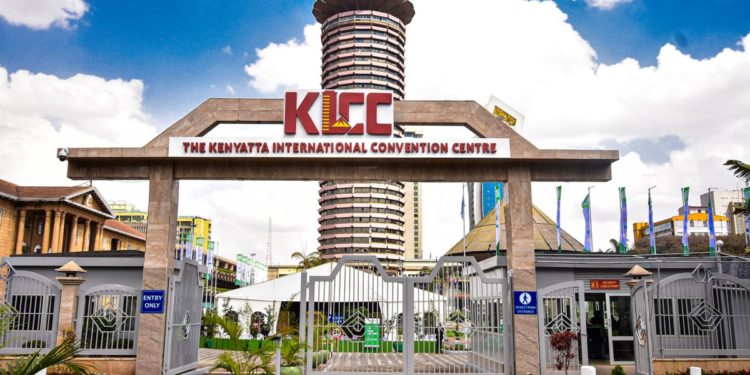Kenya’s former ruling party KANU has vowed to appeal a High Court judgment that revoked its ownership of the prime land housing the Kenyatta International Convention Centre in Nairobi’s city center. The party described the ruling by Justice Jacqueline Mogeni as deeply disappointing and affirmed its determination to pursue all legal avenues, including a looming appeal, to overturn the decision that stripped it of the lucrative real estate asset.
The Kenya African National Union (KANU) on Monday lashed out at the judgment that granted ownership of the 20-acre parcel, estimated to be worth billions of shillings, to the Ministry of Tourism. In a statement, the party insisted it remains the “legitimate and bona fide owner” after being lawfully allocated the land under the previous constitution in the 1960s.
“We respect the independence of the judiciary but totally disagree with this judgment,” said Manasse Nyainda, KANU’s director of communications. “We have instructed our legal team to file an immediate notice of appeal as we comb through the substance of the judgment.”
The dispute over the prime plot in Nairobi’s central business district dates back to 2003 when the NARC government of President Mwai Kibaki revoked KANU’s title following the party’s electoral defeat after 40 years in power. Top KANU officials at the time, including current President William Ruto, who was Secretary General, and Attorney General JB Muturi, who was the Organizing Secretary, swiftly challenged the move in court.
In her judgment, Justice Mogeni ruled the original 1969 allocation of the land to the independence party by the Commissioner of Lands was illegal and unconstitutional as it was not available for alienation to a political entity. She declared a 2010 title deed issued to the Permanent Secretary to the Treasury as trustee for the Ministry of Tourism was valid.
“The allocation of the land to KANU was unlawful and unconstitutional from the start,” the judge stated in her ruling, questioning why the party failed to follow proper procedures for land allocation and develop the parcel as required.
KANU had argued it was the rightful owner, having initially received an allotment letter in 1969 before being issued a 99-year leasehold title in 1989. But the judge noted the party did not table a part development plan to support its claim.
















